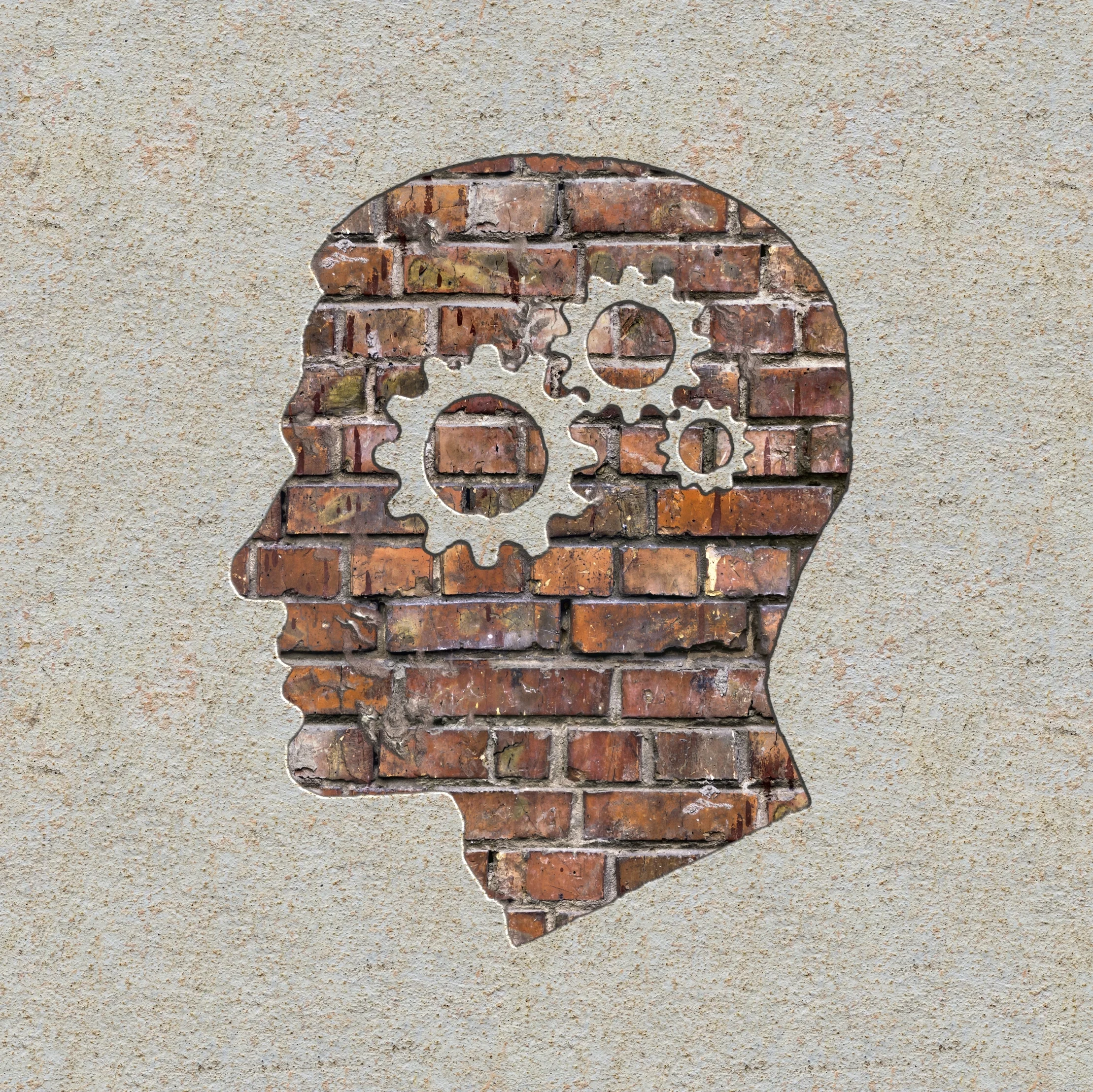Clinical hypnosis can be an effective tool in therapy—yet it is often misunderstood or even feared by many people.
Bill explains.
Clearing up Misconceptions
Hypnosis is literally an altered state of consciousness produced by maintaining some type of focus for a prolonged period of time that results in a trance state. When you're driving for a long period of time, and suddenly you realize you have driven several miles without being aware of driving, you have likely experienced a trance-like state. Have you ever been lost in thought until someone "awakened" you? There again, you were experiencing a trance-like state. You know you were not asleep in either situation. You could have stopped and handled any crisis if the need arose. You were in control in every sense of the word. Yet, you were in an altered state. This means a conscious state different from the level of conscious awareness we experience on a day-to-day basis.
In other words, a conscious state is not some magical, mysterious experience in which you have no control. But it is an experience different from your normal conscious state when critical thinking is the predominant part of one’s experience. Thus a trance state can be helpful in slowing you down and can be relaxing, with focus on a limited field. In the process, one becomes more available to his or her internal experience rather than focusing on their external experiences.
Using Hypnosis in Psychotherapy
Learning how to do hypnosis is a fairly easy task. Knowing what to do once one is in a trance state is quite another matter—which is why clinical hypnosis requires the help of trained professionals.
Hypnosis is truly a process and a partnership between the client and the clinician; trust and respect are two necessary ingredients along with a purpose that is clearly defined before hypnosis is attempted. It is a matter of the clinician helping the client to find a path or a way to enter a trance state. If one path doesn’t seem to work or be effective, then the clinician can help find another way to access trance.
The purposes of clinical hypnosis are varied and many, including:
• Pain management
• Relaxation and stress management
• Overcoming fears
• Performance enhancement in sports, academics or music
• Overcoming trauma
• Clarifying memory (used with caution)
• Smoking cessation
• Medical, dental and educational purposes
In my practice I most often use clinical hypnosis for relaxation, stress management, pain management and age regression to deal with certain traumas. I have found that habits or addictions that have a physiological aspect, such as smoking, require a full program that includes clinical hypnosis, yet does not rely exclusively on hypnosis. I have developed a very broad and inclusive smoking cessation program that includes the use of both hypnosis and self-hypnosis.
Certifications in Hypnosis
The oldest professional organization that researches, trains and educates professionals in clinical hypnosis is the American Society of Clinical Hypnosis (ASCH). I have received over 170 hours of training from this organization. I have also been certified by ASCH since 1992.
Surprisingly, few people who practice hypnosis have been certified by anyone. Often someone will have attended a workshop or have some training in clinical hypnosis but not be formally trained or accredited by a reputable group, such as ASCH.
It is best to ask your clinician for proof of training and credentials before submitting to hypnosis. No one should be offended if so asked by a client or patient. In fact, their certification should be hanging on their wall. It is advised you obtain a phone number of the accrediting body and call them to be sure they exist and to determine whether or not this clinician is a certified member. This should not be a problem to your therapist if he/she has in fact been certified.
I do not consider myself a hypnotist or a hypno-therapist. The American Society of Clinical Hypnosis encourages its members to use clinical hypnosis responsibly within the framework of their profession, whether that be clinical social work, dentistry, pediatrics, clinical psychology or whatever.
Please email me with any questions you may have about clinical hypnosis.


